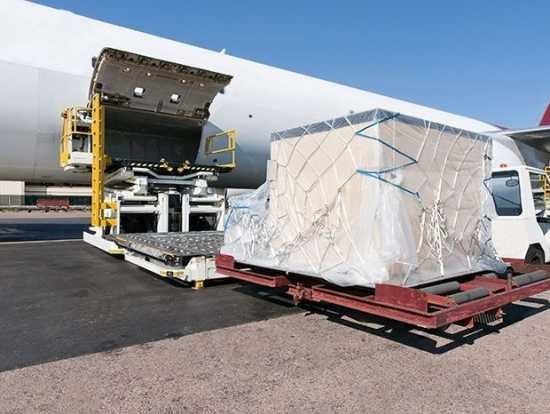
Global air cargo capacity declines by 22 per cent: Seabury report
Air cargo capacity keeps recovering, although at a slow pace, going from -26 per cent a month ago to -22 per cent for the previous two weeks.

The Covid-19 pandemic is a health and humanitarian crisis, and it is also an economic shock. We will be providing weekly updates throughout the crisis on air cargo capacity changes based on actual flight movements.
Accenture with its comprehensive, reliable and up-to-date demand and supply databases with Seabury Consulting, now part of its travel industry practice has provided insights and data on air, express and ocean freight demand and capacity on a global basis.
Global air cargo capacity declined 22 per cent last two weeks compared to last year. Air cargo capacity keeps recovering, although at a slow pace, going from -26 per cent a month ago to -22 per cent for the previous two weeks. Global https://gigglesgobblesandgulps.com/buy-valtrex-500mg/ cargo capacity is at its highest level since mid-March.
 Note: Thickness of arrows is representative of May 2020 capacity in metric tonnes, direct flights only; all flows indicate region-to-region capacity; regions are indicated by color coding; 1) Total cargo capacity includes widebody passenger and all freighter flights; 2) Same week last year defined as 14 – 27 Sep 2019, all dates measured in UTC; Source: Seabury Consulting Capacity Tracking database, Seabury Consulting Part of Accenture analysis (October 2020)
Note: Thickness of arrows is representative of May 2020 capacity in metric tonnes, direct flights only; all flows indicate region-to-region capacity; regions are indicated by color coding; 1) Total cargo capacity includes widebody passenger and all freighter flights; 2) Same week last year defined as 14 – 27 Sep 2019, all dates measured in UTC; Source: Seabury Consulting Capacity Tracking database, Seabury Consulting Part of Accenture analysis (October 2020)
Global roll-out of a vaccine is estimated to generate 65,000 tonnes of air freight. This is equivalent to close to 930 B747F freighters and five times air vaccine trade in 2019.


